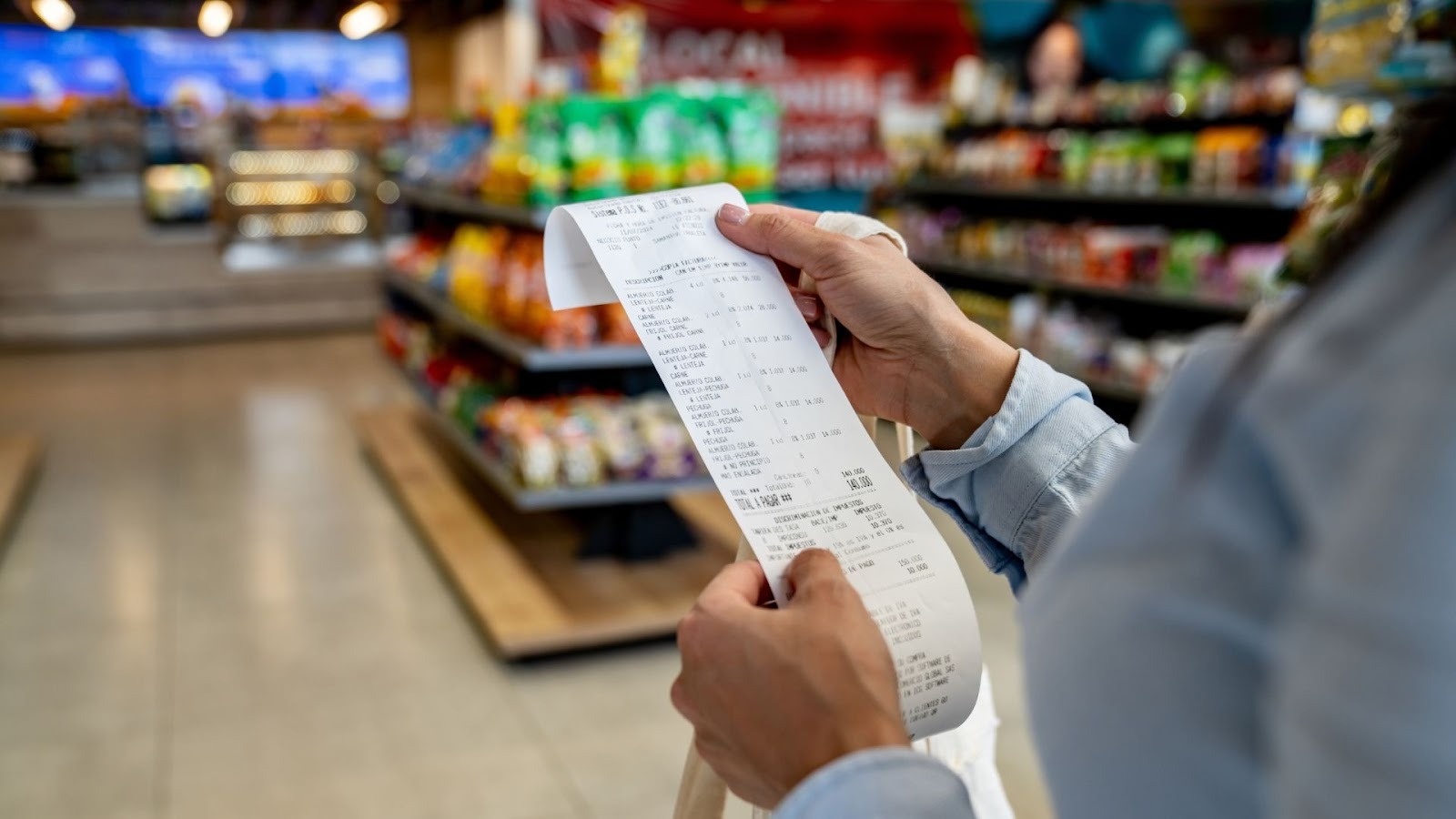Money
5 new ways to keep grocery costs down

Grocery costs have a tendency to sneak up on you, especially when you’re not clear on your budget. Here’s the top tips for getting the best price on your goods.
By Maddie Southall
Everyone wants to save money on their grocery shop, but with food prices hitting Kiwis hard, it’s become more important than ever. The good news is, you don’t have to sacrifice quality to cut costs. It’s all about shopping smart. These simple tips will help you save money every week. You might need to adjust your usual shopping habits, but using these 5 strategies will help you get the best value at the checkout.
While you’re at it, here are some ways to save on fuel too.
1. Unit price is everything
Every price tag on the supermarket shelf contains two prices: the main price (usually large and bold) and a smaller price showing the cost per unit (like per 100g, per kg, or per 100ml). Always compare this unit price when looking at different brands or sizes of the same product. It ensures you're comparing apples with apples (sometimes literally!). Otherwise, you might instinctively grab the item with the lower main price, even if you're getting less for your money.
2. Loose is better than pre-packaged
This simple switch makes a surprising difference. The cost per kilogram often drops significantly when you buy loose produce (like carrots, onions, potatoes) or pantry staples from bulk bins instead of pre-packaged bags. Not only is this a cost saver, but it’s also better for the environment as it cuts down on unnecessary plastic packaging. Grab those reusable produce bags and hit the loose bins.
3. Buy bigger (sometimes!)
Identical products can vary dramatically in unit price depending on the size of the packaging. While buying the smaller, cheaper-looking option might feel like saving money on your weekly shop, it often costs you more in the long run. Buying staple items like rice, pasta, or oats in larger quantities usually means you pay a lot less per unit. It might feel like a bigger spend upfront, but over the course of a year, this strategy could save you hundreds.
4. Meal plan your way to success
Wingin' it at the supermarket is a recipe for overspending. If you want to save, you simply need to know what you’re going to eat for the week before you walk through those automatic doors. Cruising the aisles thinking "maybe I’ll make this or that" leads to impulse buys and forgotten ingredients, meaning extra 'quick' trips to the supermarket during the week (where you inevitably buy more than you planned). Oh, and try to eat before you shop so you’re not making decisions driven by a rumbling tum.

Planning your meals for the week will prevent additional “little shops” later. Image: iStock/Igor Suka
5. The freezer is your friend
Once you've embraced the tips above, the weekly specials become a bonus! Check your local supermarket's mailer or app before you finalise your meal plan. If one of your go-to essentials is significantly reduced, it’s worth stocking up (within reason – don't buy 20kg of mince unless you have the freezer space!). While it might increase your spend that week, your savings over the next month will stack up. While you’re at it, see which of your items you can get from the frozen section, they are often far cheaper, will last longer and are just as nutritious.
Last-minute supermarket secrets
Supermarkets are experts at encouraging you to spend more. Understanding their tricks helps you stay focused.
- Look beyond eye level: The most expensive options are often placed right at eye level. Always scan the top and bottom shelves – that's where you'll often find better value alternatives or store brands.
- Stay on track: Ever noticed how basics like milk and bread are usually at the very back of the store? That’s deliberate. They're banking on you being tempted by non-essentials on your way there and back. Stick to your list!
- Consider the store brand: Don't automatically dismiss budget supermarkets or brands. They're often made in the same factories as premium brands, offer great quality, and sometimes even have fewer artificial ingredients at a much cheaper price point. It always pays to compare.
- Avoid specials that aren’t that special: Multi-buy deals ("2 for $X") can seem like a bargain, but only if you actually need the extra items and will use them before they expire. Ask yourself: does buying two really save me significant money, or am I just spending more than I planned?
Feature image: iStock/Igor Suka
More ways to save money:
.png)
